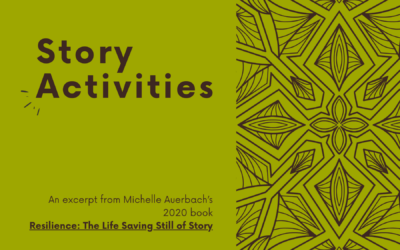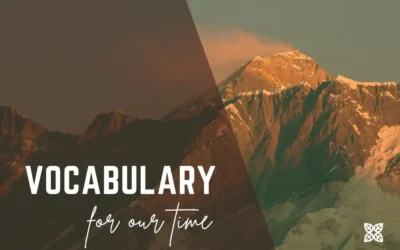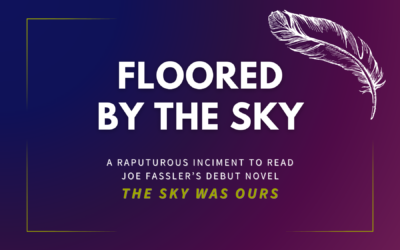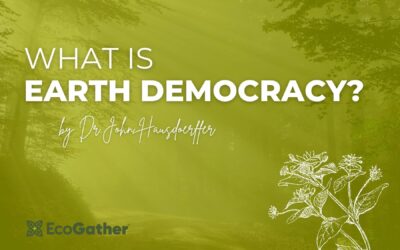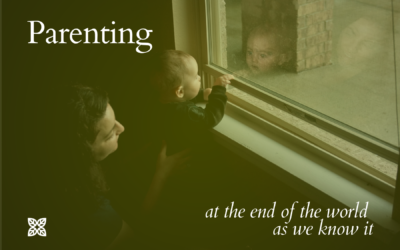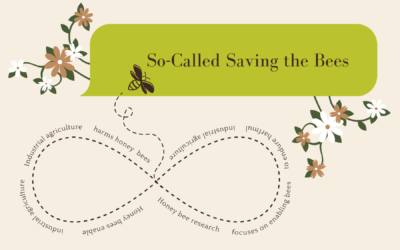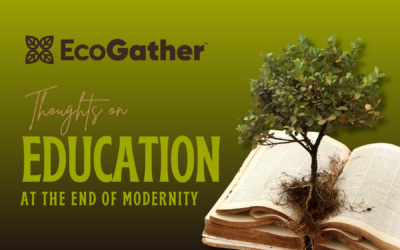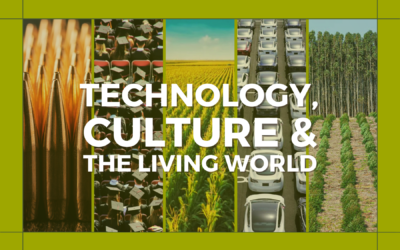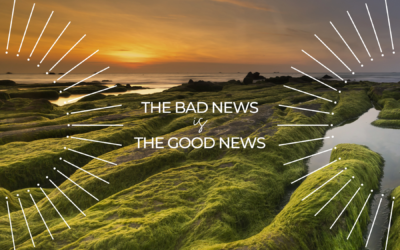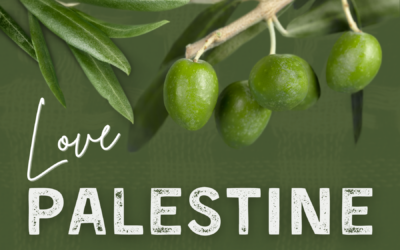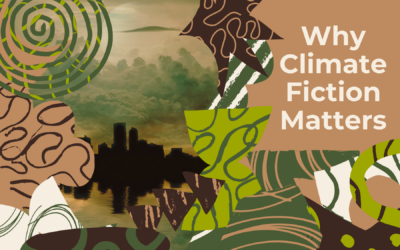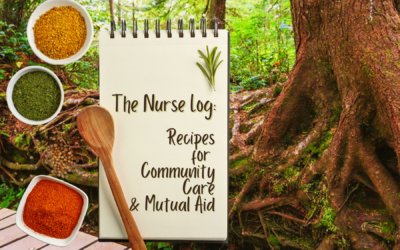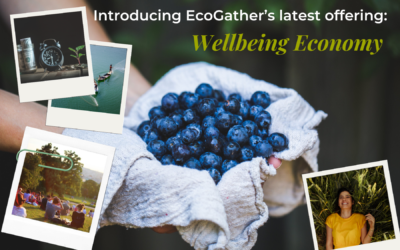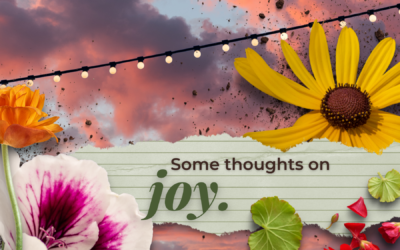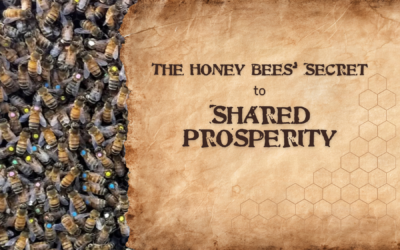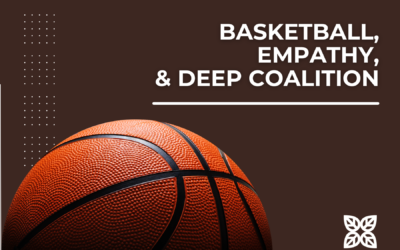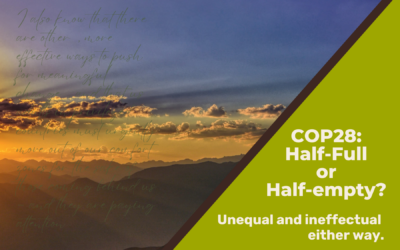Story Activities
All of our learning, our ability to change, our empathy and connection to other humans, and our ability to live a good life, comes from storytelling and listening. All of the skills we need to be resilient in a crisis we learn through story, and all the skills we have that we need to share with others we share through story. Story mediates our world and ourselves in ways that increase our adaptability and improve our world. It’s not complicated. It already lives in our brains, bodies, and minds and we can access it through a little practice and some remembering of the skills we all had as children. Once we get fluent in storytelling and story listening, we are able to adapt, learn, teach, share, understand, and cope in ways that will allow us to move with change and lend a hand when the people around us are not moving. The process is available to all of us; it transforms us and our lives and can save the world.
Vocabulary for Our Time
Like a mountain, our complex, and mostly monolithic modern civilization was formed slowly over time, and then all at once like a volcanic eruption. Even as parts of it continue to grow and complexify, other parts are being weathered away. Occasionally, large chunks are shaken loose. Reducing the height of our civilizational mountain is inevitable. No matter what, it will eventually stop growing altogether, and both the gradual and punctuated crumbling that is already happening will become more prominent. Even if we spend all our energy stacking up cairns to try to preserve the height, we will not match the pace of the weathering. What’s more, staying high up on the mountain, attempting to construct cairns out of the rubble will not put us in a better, safe position. When things start to fall, how high up do you want to be?
Floored by the Sky
Floored. By a book that takes us into and across...
What is Earth Democracy?
Few democracies in history have lasted. As Thomas Jefferson imagined the fledgling U.S. democracy in the 1780s, he feared that a disconnection from the land would lead to a dependence on social hierarchies, and thus an erosion of place-based, self-organizing practices that made democracies on all scales possible. “Those who labor the earth,” Jefferson mused, “are the chosen people of God.” Two centuries later, Cesar Chavez said, “we are not beasts of burden, agricultural implements, or rented slaves; we are men.” Chavez also understood that a healthy democracy came from a combination of (just) human labor on the land and a connection with environmental health. He understood the interconnectivity of human and more-than-human rights, stating that “kindness and compassion towards all living things is a mark of a civilized society.”
Parenting at the End of the World As We Know It
On the drive here, NPR told us about that a lethal heat wave in West Africa and provided anti-reassuring advice about how to reduce the risk of boiling your insides. I felt the vibe in the car shift and heard my 12 year old mutter, “Those who contributed the least face the worst.” I beamed a little and felt my heart swell just a bit. Then I caught myself: Sure I’d rather they have a climate justice lens on the world than not… But I’d really rather that they didn’t need to. My kids could do without their professor-mama giving them yet another lecture on climate breakdown, so I quipped about how I wouldn’t mind a heatwave of the non-lethal variety and was longing for some spring sunshine.
So-Called Saving the Bees
I couldn’t devote my life to slapping bandaids on problems rather than stopping the bleeding. At first, I thought maybe it was just this field, but the more I looked, I realized this pattern existed in all the nooks and crannies of our culture, in almost every aspect of our lives. The way we work, learn, consume, and even help each other. It feels like some sort of vaudevillian sketch, or something out of Mr. Bean. The more we try to fix the problem we have created (or try to cover it up), the worse we make it, until it becomes an irreparable mess, that we would have done well to just stop trying to “help” by changing course from the very beginning.
Education at the End of Modernity
We know that we cannot expect to enjoy the stable and enabling features of the Holocene climate in and beyond the 21st century. Similarly, we cannot and should not presume the continuity of existing dominant socio-economic systems. Steeping current and rising generations of students in outdated stories and training them to operate effectively within breaking systems causes more harm and betrays our duties as educators and mentors. It is neither wise nor ethical to prepare young adults to do well for themselves (even in the very near term) within systems that undermine the conditions necessary for biophysical survival and stifle all hope of mutual flourishing.
Technology, Culture, & The Living World
We have to stop taking our technologies for granted, and we’d better start asking a whole lot more of them. If a technology does not tend to make life more sustainable on the order of tens of thousands of years, we must realize the importance of regulating or limiting its usage.
The Bad News is The Good News
Imagine going through your day knowing that everything you do, everything you make, every human gesture, is contributing to making our only home a livable home for all living things, present and future. Imagine the joy that could exist in your lifetime, knowing that you are part of a collaboration of humans bringing a new economic order and new, relational cultures into existence for the next generation and the many to come.
LOVE PALESTINE
We’re asking ourselves what it might mean to truly love Palestine. To love the land, to love her people, to love her more-than-human inhabitants. With ragged voices, we’re wondering out loud and in public about how we might summon and practice a radical politics of love and take steps that make it possible for Palestinians to feel and be protected by our love. As we do so, we remind each other that love is abundant. It defies and even subverts scarcity. Loving Palestine does not and cannot reduce our capacity to love other people — including Israelis and Jews around the world. Love can only multiply. And it may be the only thing that we should seek to grow without limit.
Why Climate Fiction Matters
It’s counterintuitive, but it’s a reality of the human psyche: sometimes stories that should shake us into action only numb us further. When the evidence becomes too overwhelming, we can shut down and refuse to act. Yes, the situation is grim. And because journalists labor in the service of a single, all-important question—what’s true?—it’s their job to render this grimness as it really is. Still, that’s not the only story we can tell, and it’s not the only story we need. We also crave narratives that pursue a different question altogether: what if?
The Nurse Log: Recipes for Community Care
Recipes for community care can be exact measurements of ingredients but it can also be sampling what tastes good together. The most important thing is that we approach the recipe with love and put as much of our care and heart into the outcome as we can at any given moment.
Introducing EcoGather’s latest offering: Wellbeing Economy
I never thought I would like economics. And I certainly never thought I’d design a whole course of the subject. I thought econ was for people in suits, people who cared about finance, people who saw the nonhuman world as nothing but a pool of resources to exploit. It turns out, however, that the version of economics we usually study in classrooms is not the only version out there.
A Farm Grew in Brooklyn
So when I finally went back – February of 2024, Aquarius season, about five years since I left – I planned on taking videos of beds resting, weeds falling back, garlic growing patiently under mulch – I had cleared the storage space on my phone. I would record that same walk down Kingston, pan to the smokestacks, round the corner as the hoop house came into view. Maybe open the gate, point out where my beloved broccoli used to grow. Surely the picnic tables would still be under the tree, albeit with fresh paint. But as I walked closer, I noticed tall, opaque, dark green fencing blocking the view. I kept walking in search of an opening. But it never came. Instead, through a torn hole flapping in the wind, I saw…nothing.
Some thoughts on joy.
“I didn’t think about joy too much until January 31, 2020. It was the day my roommate in Brooklyn, upon walking through the threshold of our fourth floor pre-war apartment in Bushwick – old scuffed floors, funny little entryway in which we hung a tiny disco ball, about ten inches of counter space occupied almost entirely by our always-full coffee pot and a rickety fire escape outside that was likely more of a hazard than any actual fire – sweaty from the gym, announced she had just listened to the best podcast episode on delight while she was on the treadmill. She thought I would like it; the guest was a gardener and a poet. That was, generally, my deal.”
The Honey Bees’ Secret to Shared Prosperity
For my purposes, I tend to define, or at least explain, eusociality as: cooperative intergenerational care of those in a group upon which the individuals comprising the group rely. Individuals in a eusocial group are necessarily reliant on the group for their own survival, and therefore put the needs of the group (both current and future) before their own. In most animal groups, this will be genetically related individuals. But we inventive, poetic humans might define our groups more broadly. For example, as chosen family, geographically local community members, an intentional living community, online affinity groups, or even all the human and more-than-human beings on whom we depend for survival.
Why Climate Literacy?
To be climate-literate requires a basic understanding of the science behind the present climate and ecological crises, of how science ‘works’, the social/political/economic causes of these and allied crises, and a willingness to continuously learn about the existing and rapidly evolving science and practical responses to these crises. It turns out that this is very difficult to do on one’s own because there are few practical avenues through which busy adults can access reliable, integrated information and empirically-based and justice-informed analysis about the climate and allied crises, and how to meaningfully respond to them. As a result, most people whom I engage with on climate have an overall sense of doom and helplessness, like there is nothing meaningful that they can do about it. This feeling is totally understandable. It, like the worst-case scenarios of climate breakdown, is also avoidable.
Basketball, Empathy, and Deep Coalition
The “how” of thick solidarity, of meaningful coalition building, of showing up for people even when there are ways you will never fundamentally agree is one of the big questions of movement making. And answering it is like answering the question: How do you know how to fall in love? or How do you know how to develop a friendship? It involves some qualities we can name and then a factor of willingness and openness and the ability to be honest about goals, beliefs, and motivations. There is an element of mutual aid, and a bit of goal oriented healthy self awareness. But most of all there is empathy. Thick Empathy.
Mindfulness & Watermelon Dal for the Scatterbrained Girlboss
When I find myself feeling overwhelmed by the state of the world, uncertain personal and collective futures, things not within my power to change, or sad that instead of doing art, dancing around a fire with my tribe, spending time with friends and family, I have to instead work for a wage, shop for insurance, or go to the grocery store, I breathe and try to focus my spotlight on chopping a tomato, or vacuuming with my whole being. To appreciate the weird beauty that is the curated aisles of the grocery store (while still being critical of them). And be grateful that I am able to. And sometimes, magic and art and childlike creativity, and ceremony creeps in anyway. And I get to live real life in that moment.
COP28: Half-empty or Half- full? Unequal and ineffectual either way
So the verdict on the outcome of COP28 depends a lot on framing- whether you are the sort of person who sees the glass half empty or half full. A lot of that framing will depend on your own positionality in the world. Personally, as a scientist who trusts scientific consensus, I still feel culpable, like we somehow haven’t communicated the science and the urgency with which we need to act on it clearly enough. But I know that the motivation for the collective inaction and dithering of my and older generations is much more complicated than that. I also know that there are other, more effective ways to push for meaningful change, and that us adults in privileged countries must urgently move out of our comfort zones for the sake of those coming behind us – and they are paying attention.

